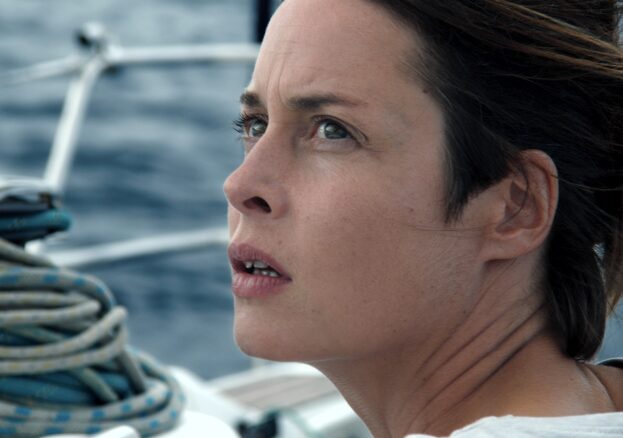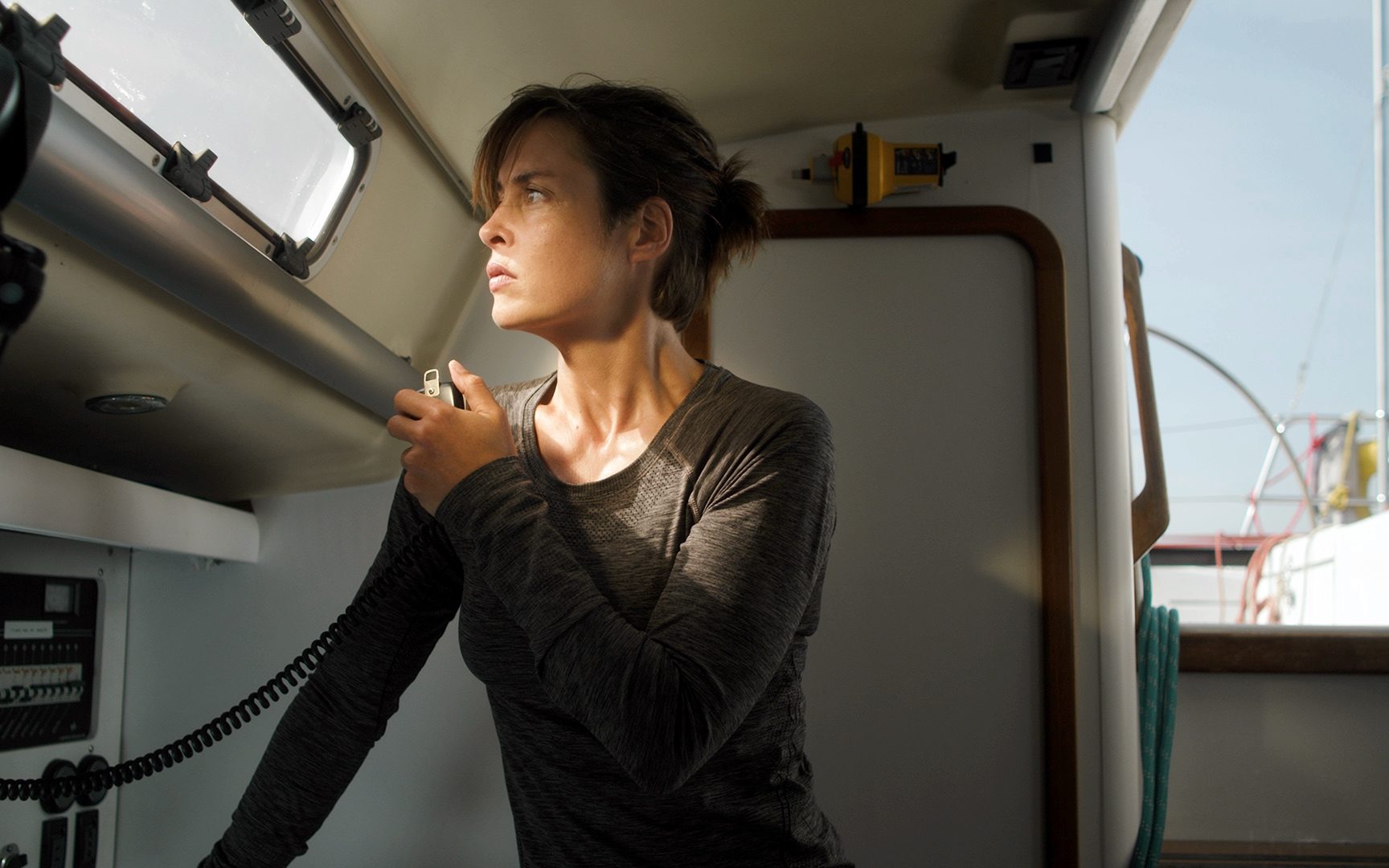Styx at Cultureplex
Tom Grieve, Cinema Editor
Styx sketches out the impressive competency of its protagonist over the course of its opening few minutes. Cross cutting between sunny Gibraltar and the scene of a nasty car accident in Germany, director Wolfgang Fischer introduces us to Rike (Susanne Wolff), an emergency services doctor by profession, and intrepid sailor in her leisure time. In Germany, Rike takes immediate control of the scene, ordering firefighters to break into a smashed car so she can access a patient. In Gibraltar, she does a meticulous inventory, preparing her sailing yacht for a solo trip along the west coast of Africa to Ascension Island.
Fischer emphasises process, with lingering shots of the expensive gear and thorough preparation necessary for the voyage. Rike gets off to a good start too, and she’s allowed time to swim naked and enjoy the serene isolation provided by the ocean. But daydreams of Charles Darwin’s artificial jungles are interrupted by a radio from a nearby ship: bad weather is on the way, be careful. She survives the storm without issue, but wakes to the sight of a sinking migrant ship just 150 metres away. Infinitely prepared and fully equipped for the trials of nature, Rike is suddenly left without answers.

From there Styx brings the full moral weight of the migrant crisis to bear on its lead character. The coast guard seems concerned primarily with nationality, both Rike’s and the people stranded on the boat. They advise that she stays away and that help will come. A passing tanker advises that intervention is against company policy. “I really can’t risk my job,” comes the voice over the radio. Meanwhile a boy—wearing a counterfeit Cristiano Ronaldo shirt—swims over to Rike’s sailing yacht. She can treat his cuts and exhaustion, but what of his sister and the others still sinking?
There is a pictorial clarity to the film, as the deep blue of the ocean contrasts with the clean white of the yacht, and the reds and oranges of Rike’s safety equipment. But Styx is a film about murkiness, about the limits of polite liberalism and the cost of inaction. We’re asked to identify with a middle-class lead, who despite her credentials as a well-meaning medical professional is caught up in situation she cannot prepare for. It’s a work of rare sophistication and moral seriousness; a philosophical dilemma made urgent and human through the framework of an intense, well-researched procedural.
































